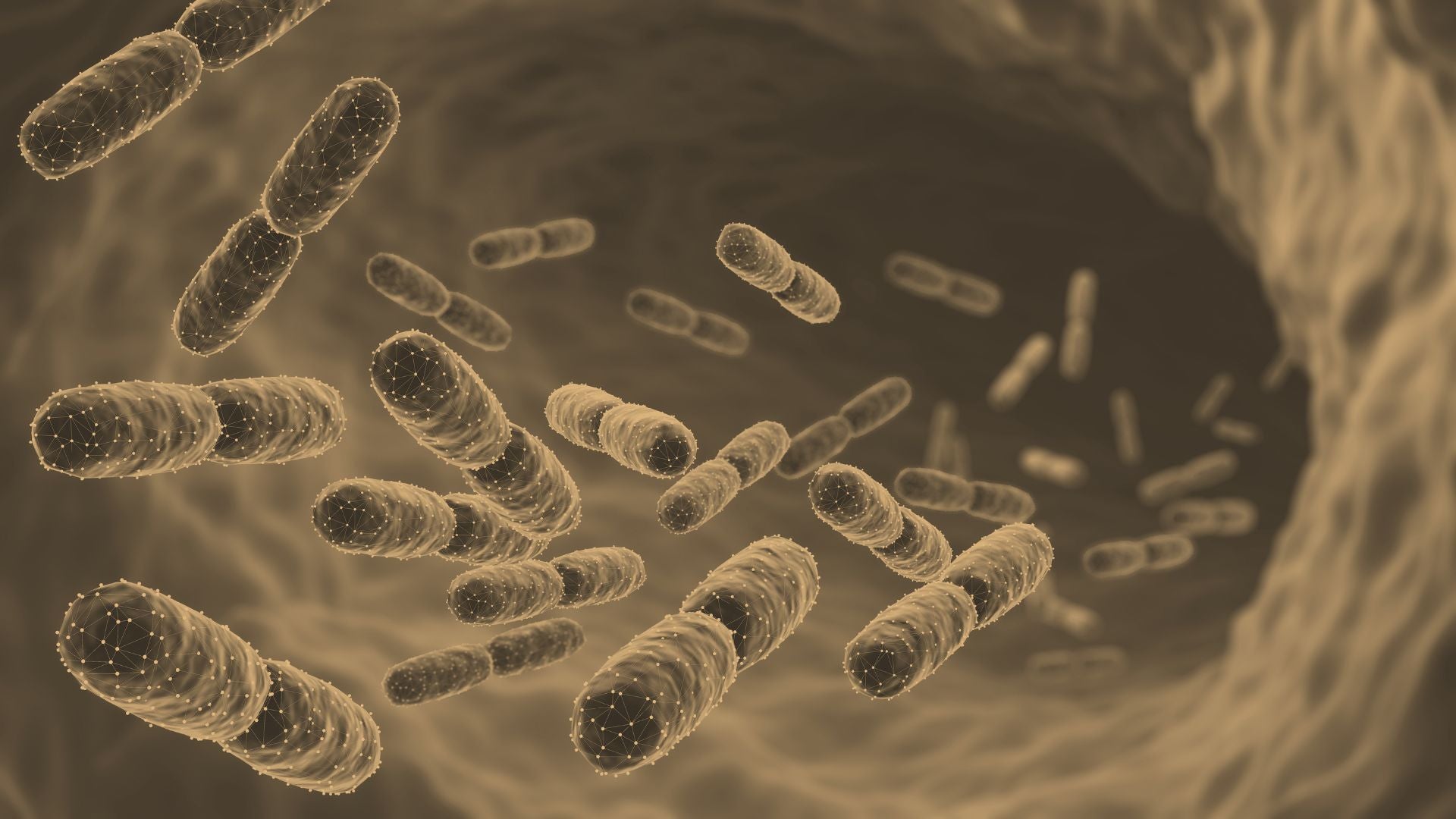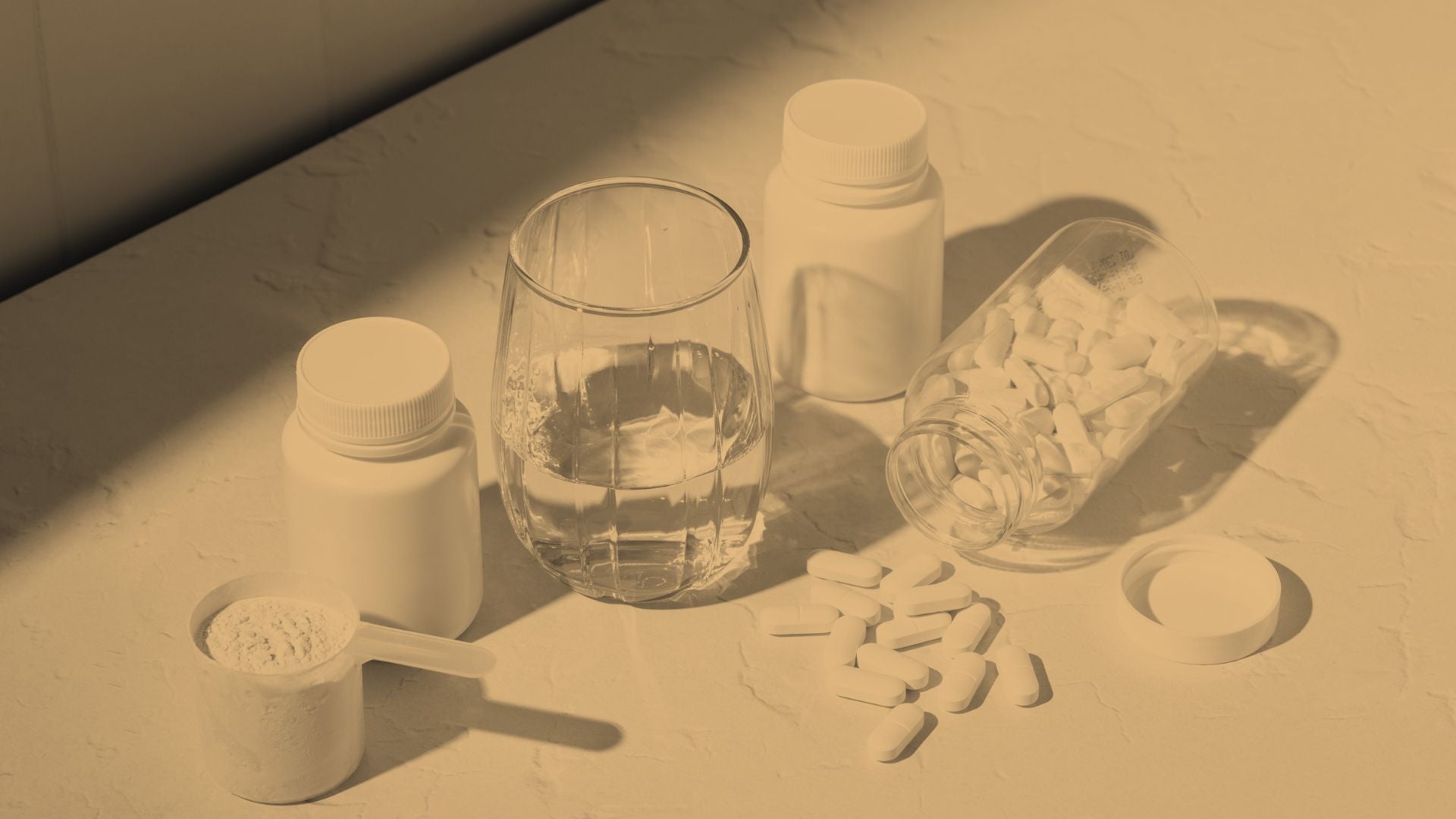
Are Probiotics Good After Drinking and Hangovers?
You may have heard of probiotic supplementation being touted as a cure for everything from digestive upset to gum disease, so it stands to reason that taking probiotics might also help the body deal with the aftereffects of alcohol consumption. Read on and we’ll dive into the latest scientific research to explain whether that’s actually the case.
How Drinking Alcohol Affects the Digestive Tract
Before we jump into the discussion of probiotics and their potential post-drinking benefits, it’s worth clarifying exactly how alcohol consumption impacts the gut.
The first effect of alcohol is that it tends to trigger higher acid production in the stomach, which can irritate the lining of the gastrointestinal tract. In severe cases, especially for those consistently consuming large amounts of alcohol, this can cause what’s known as alcoholic gastritis: alcohol-induced inflammation of the stomach lining.
In addition, alcohol can also affect the gut microbiome, which are the trillions of important microorganisms that live in the large intestine. Consuming large quantities of alcohol can kill many of these bacteria, which can lead to dysbiosis and contribute to a variety of symptoms. Dysbiosis can have numerous systemic effects because maintaining the right balance of these flora is crucial not only for gut health but also for the function of the immune system, nervous system (via the gut-brain axis), endocrine system, and more.
What Are Probiotics?
Probiotics are living microorganisms (including beneficial bacteria and yeasts) with positive health effects. They often come in supplement form, such as in a capsule, and are meant to cause temporary or long-term changes to the balance of gut flora to reduce undesirable symptoms and improve health. They can also be found in many tasty fermented foods, including yogurt, kefir, kimchi, sauerkraut, and kombucha.
Probiotic supplements in particular contain specific species and strains of beneficial bacteria and yeasts. When ingested, they’re ideally meant to populate the gut and help support its beneficial functions, such as healthy digestion. Different strains of probiotics are also intended to help support the body’s recovery from a wide variety of conditions, including antibiotic-associated diarrhea, yeast infections, irritable bowel syndrome, and more.
Are Probiotics Beneficial When Recovering from Hangover Symptoms?
Initial research on the effects of probiotic supplementation on hangover symptoms suggests that they could help the body bounce back faster. However, probiotics do not offer any liver protection or support, which is key when trying to mitigate the negative effects of alcohol.
A randomized, double-blind crossover study found that their probiotic nutritional supplement lowered the amount of alcohol that was absorbed through the intestines, thereby lowering the amount of alcohol that their bodies had to process.
Another study showed that those who frequently consumed alcohol had smaller populations of important intestinal bacteria in the genuses Bifidobacterium, Lactobacillus, and Enterococcus. Unsurprisingly, supplementing with probiotics increased their Lactobacilli and Bifidobacteria populations; more surprisingly, it also appeared to lower their elevated liver enzymes to healthier levels.
Similarly, a randomized, double-blind, placebo-controlled clinical trial found that supplementing with a mixture of Lactobacillus and Bifidobacterium helped reduce alcohol and acetaldehyde (a toxic compound produced as a byproduct of alcohol metabolism) concentrations in groups with a certain set of alcohol processing-related genes (i.e., it had this effect in those with the ALDH2*2/*1 genotype, but not in those with the ALDH2*1/*1 genotype).
More studies on larger groups of people will be needed to confirm the benefits of probiotics with alcohol consumption, but they show promising initial benefits. Either way, make sure that you’re taking a probiotic containing species with proven clinical benefits, and remember that the FDA doesn’t regulate probiotics, so you should choose a trusted brand. It’s recommended to consult with your doctor before beginning a probiotic supplement, especially if you have other health conditions that could be impacted.
Other Supplements To Take Before/After Drinking
Probiotics aren’t the only supplements that can support your body’s recovery from negative feelings after drinking. The following supplements from Capsulyte were formulated by Dr. Dan Nguyen, MD, MBA with a range of high-quality, evidence-based ingredients that do exactly that:
Before Drinking Alcohol: Take PREGAME
PREGAME contains a combination of:
- NAC, which may reduce negative feelings after drinking
- Antioxidant and anti-inflammatory DHM along with Clovinol®, which has been shown to reduce negative post-drinking feelings by over 55 percent
- Siliphos®, a compound derived from milk thistle that may lower risk of cirrhosis related to alcoholic liver disease.
After Drinking Alcohol: Take HYDRATION
Achieving and maintaining hydration is also important when the body is recovering from alcohol consumption, as alcohol is a diuretic that can contribute to dehydration. That’s why HYDRATION includes the following ingredients:
- Hydra 4G™, an ideal blend of the electrolytes sodium, potassium, magnesium, and calcium
- B vitamins, which are believed to help regulate energy metabolism, neurological function, and formation of blood cells
- Zinc, an essential mineral that is involved in immune function
- Liposomal Pureway C™, an antioxidant that may also support improved immune function
For more advice on helping your body bounce back after a night of drinking, check out the Capsulyte blog—new posts are added regularly.


